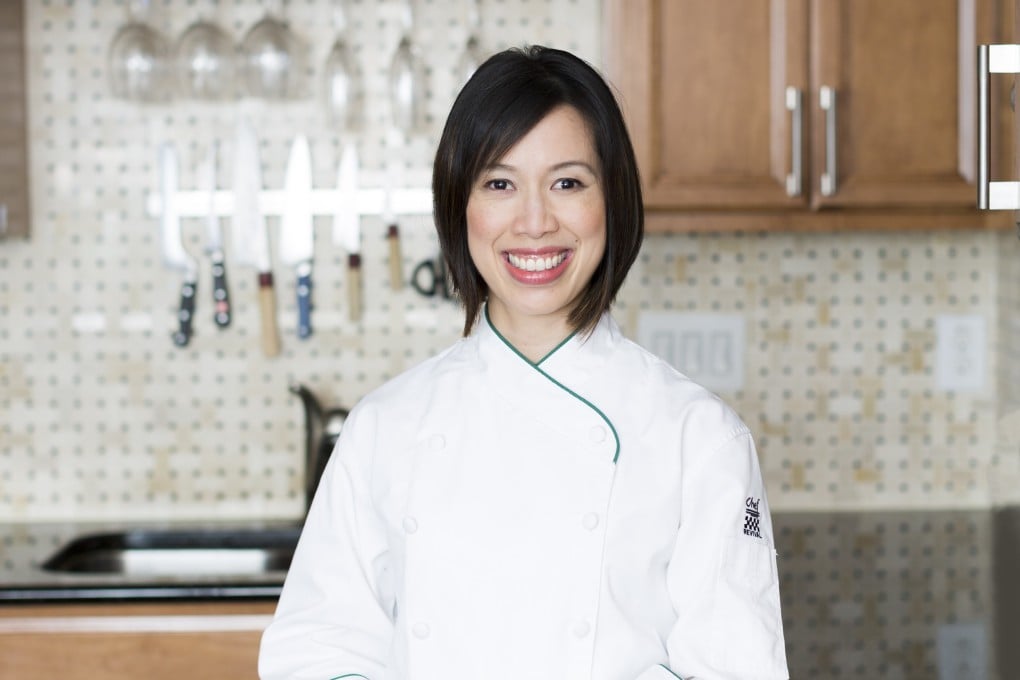Blind MasterChef winner Christine Hà on Gordon Ramsay, Hong Kong and navigating the kitchen without her sight
- The daughter of Vietnamese refugees lost her vision when she was in her 20s to the autoimmune condition neuromyelitis optica
- Having won the TV cooking competition in 2012, she now owns The Blind Goat, a modern Vietnamese gastropub in Houston, Texas

Tell us about the time you started losing your vision. “I first noticed something strange happening with my vision when I was 20 years old. I was in college and noticed my right eye went blurry. I thought it was my contact lens so I changed it, but my vision was still the same. I went to an optometrist and after running some tests, he said it was something neurological. Over the next eight years, I gradually began losing my vision in both eyes. It was devastating.”
What did you fear the most? “My greatest fear was losing independence. I really missed being able to drive somewhere by myself, do my own shopping, run my own errands and read my own mail. But I learned to ask for and accept help from others, and I saw the generosity and humanity in others, and that was the most rewarding thing. There were days and even weeks when I felt hopeless and confused.”
You earned a master’s in creative writing. How did writing heal you? “When I went through my bouts of vision loss and even temporary paralysis because of the neurological condition, I felt very alone. As I began to heal, I found catharsis in writing about my experience. It renewed my love for reading and writing. I was an avid reader as a kid, and I loved creative writing, too. I just never thought it could be a serious vocation. But when I felt hopeless and at my wit’s end, the only things I found comfort in were books and writing.
“I wrote about losing my mom when I was a teenager. I thought I needed to have a goal in life and that’s when I decided to go get a degree in creative writing. I believe art, whether in the form of words, paintings or food, helps people understand one another. Art breeds compassion.”
Any plans to publish a book? “I’ve been working on my memoir since I was in grad school. I just signed with a new literary agent, so fingers crossed I get that book published soon. The memoir will touch on my journey with food, my vision loss and the loss of my mom.”
Have you always wanted to be a chef and a restaurateur? “No. I didn’t even know I enjoyed cooking until I taught myself to cook in college. My love for cooking grew from there. I did want to open a restaurant, a cafe or an ice cream shop even before going on MasterChef.”